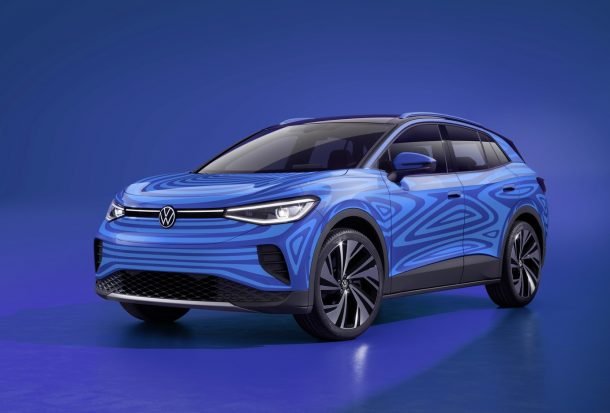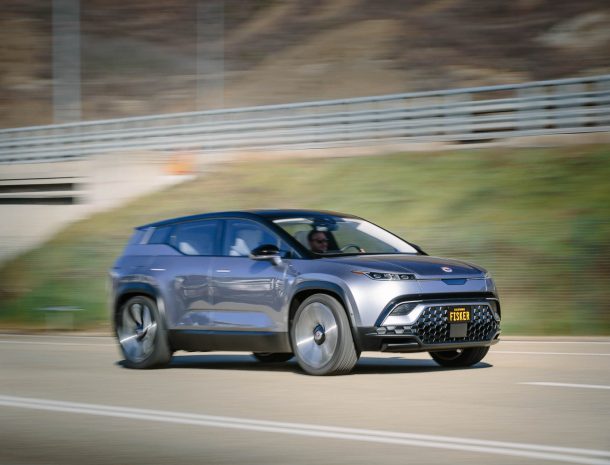According to a report in Automotive News, Volkswagen Auto Group is about to sell its stake in Electrify America, a company that builds chargers for electric vehicles.
The company wants to do this so that it can seek outside funding to build its own charging infrastructure.
According to the News, VW is working with Citi to find a co-investor that would be willing and able to pump $1 billion into building charging infrastructure.
Electrify America, a rival to Tesla’s Supercharger network and ChargePoint, came into the picture after VW’s diesel-emissions scandal and has been expected to spend $2 billion on the expansion of a charging network for EVs from 2017 to 2026. So far the company has 635 stations active and 125 planned.
As recently as March, Electrify America and VW made mention of plans for further expansion. Now, VW is trying to consolidate its infrastructure efforts.
The segment is attracting attention from all sorts of companies as the EV future looms larger and larger.
Renault and Shell, for example, are rumored to have an interest in becoming co-owners of Ionity, a European joint venture for charging that is already owned by OEMs such as BMW, Daimler, Ford, Hyundai, and VW.
It makes sense to see OEMs investing in charging companies and attempting to increase infrastructure to support the EVs they plan on selling. The bigger question is why VW is possibly moving away from one company and seeking out another.
Regardless, expect to see more corporate musical chairs over the next few years.
[Image: Volkswagen]


